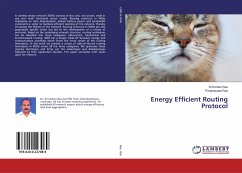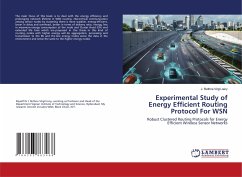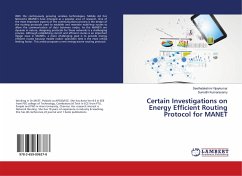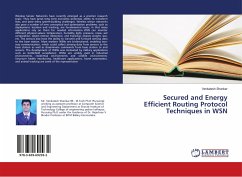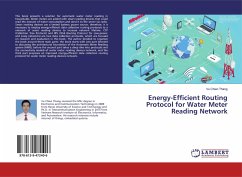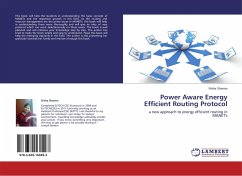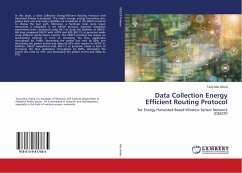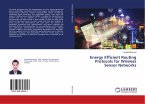A wireless sensor network (WSN) consists of low cost, low power, small in size and multi functional sensor nodes. Routing protocols in WSNs emphasize on data dissemination, limited battery power and bandwidth constraints in order to facilitate efficient working of the network, thereby increasing the lifetime of the network. Routing protocols in WSNs are also application specific which has led to the development of a variety of protocols. Based on the underlying network structure, routing techniques can be classified into three categories: data-centric, hierarchical and location-based routing. WSN has a design trade-off between energy and communication overhead which forms the nerve center of the routing techniques. In this book we present a survey of state-of-the-art routing techniques in WSNs under all the three categories. We epitomize these routing techniques and bring out the advantages and disadvantages followed by their application domain. The paper concludes with issues open for research.
Bitte wählen Sie Ihr Anliegen aus.
Rechnungen
Retourenschein anfordern
Bestellstatus
Storno

